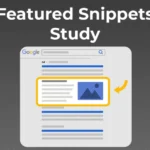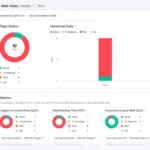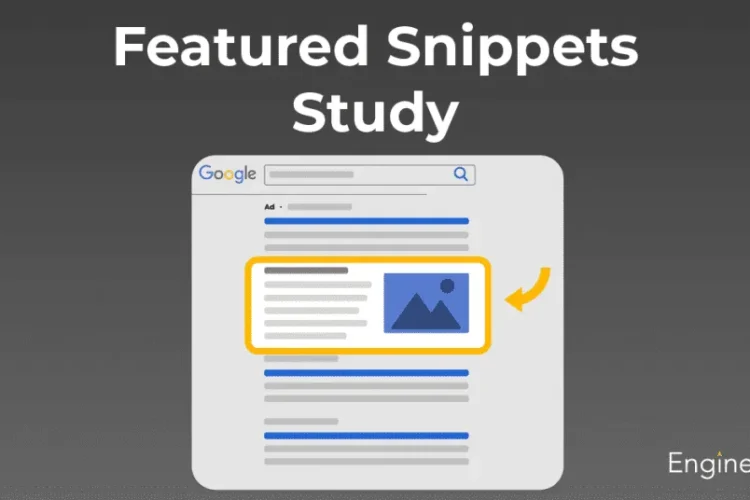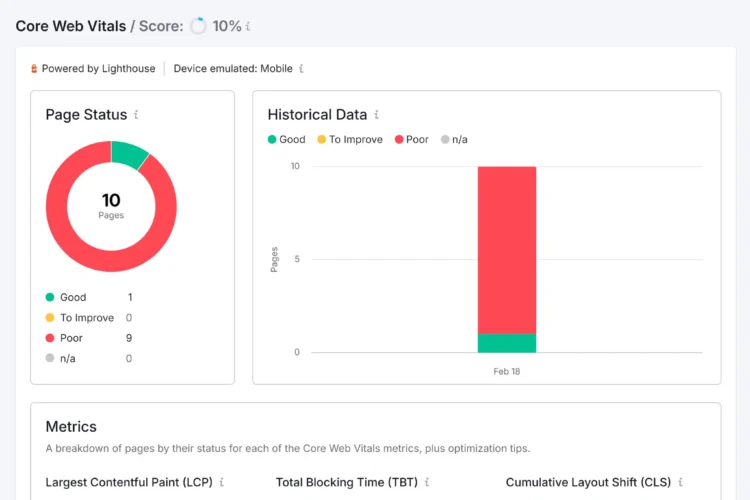
For large websites with hundreds or thousands of pages, search engine crawling is one of the most critical factors that determine how quickly and effectively pages are indexed. This is where the concept of a crawl budget comes into play. Optimizing your crawl budget ensures that search engines focus on your most valuable pages, improving indexing, visibility, and overall SEO performance.
What is Crawl Budget?
Crawl budget is the number of pages a search engine bot crawls and indexes on your website during a specific period. It is particularly important for large sites, e-commerce platforms, news portals, and content-heavy websites.
Crawl budget depends on two key factors:
- Crawl Rate Limit – How frequently a search engine can crawl your site without overloading the server.
- Crawl Demand – How much the content on your site is deemed valuable and worthy of crawling.
Why Crawl Budget Matters for SEO
- Ensures Important Pages Are Indexed
If search engines crawl too many low-value pages (like duplicate content or filtered category pages), your high-priority pages may be delayed in indexing. - Prevents Wasting Crawl Resources
Large websites often have thousands of low-quality or duplicate pages. Proper crawl budget management ensures bots spend time on pages that actually drive traffic and conversions. - Improves Search Visibility
When important pages are crawled and indexed faster, they appear in search results more quickly, which is crucial for time-sensitive content. - Supports Technical SEO
Crawl budget optimization complements other technical SEO practices, including sitemaps, robots.txt files, canonical tags, and internal linking, ensuring better site structure for search engines.
Factors That Affect Crawl Budget
- Site Size and Structure – Large sites with complex architecture require more crawl budget management.
- Server Performance – Slow-loading pages or server errors can reduce crawl rate limits.
- Content Freshness – Frequently updated pages get crawled more often.
- Duplicate Content – Duplicate URLs waste crawl resources and reduce the efficiency of crawling important pages.
- Internal Linking – Proper internal linking helps search engines discover high-priority pages quickly.
How to Optimize Crawl Budget
1. Eliminate Low-Value Pages
- Identify thin content, duplicate pages, or expired URLs and remove or noindex them.
- Avoid crawling unnecessary filter or tag pages on e-commerce sites.
2. Improve Site Speed
- Enhance server response times, compress images, and minimize scripts to allow bots to crawl more efficiently.
3. Use Robots.txt Wisely
- Block bots from crawling low-value pages like admin panels, duplicate content, or irrelevant archive pages.
4. Optimize Internal Linking
- Ensure important pages are linked from high-authority pages so bots can discover and prioritize them.
5. Submit XML Sitemaps
- Create sitemaps that include only the most valuable URLs.
- Update sitemaps regularly to help search engines crawl new and updated content faster.
6. Monitor Crawl Activity
- Use Google Search Console or Bing Webmaster Tools to track how bots are crawling your website.
- Identify pages with crawl errors or high latency and fix them.
7. Regularly Audit Your Site
- Periodically audit your website to remove outdated content, fix broken links, and optimize redirects.
- This ensures that crawl budget is efficiently allocated to high-priority pages.
Our Services SEO Services in Prayagraj | SEO Services in Sasaram | SEO Services in Nawada | SEO Services in Muzaffarpur
Key Takeaways
- Crawl budget is crucial for large websites to ensure that search engines focus on valuable pages.
- Proper management of crawl budget improves indexing speed, site visibility, and technical SEO health.
- Eliminating low-value pages, improving site speed, optimizing internal linking, and submitting accurate sitemaps are essential steps.
FAQs
1. Does crawl budget matter for small websites?
For small websites with a few dozen pages, crawl budget is usually not an issue. It becomes critical only for large, content-heavy websites.
2. Can duplicate content affect crawl budget?
Yes. Duplicate content can waste crawl resources, preventing important pages from being crawled efficiently.
3. How often should I monitor crawl budget?
Large websites should monitor crawl budget monthly or quarterly using tools like Google Search Console to identify crawl issues.
4. Do redirects affect crawl budget?
Yes. Excessive or incorrect redirects can confuse search engines and waste crawl resources.
5. Can sitemaps improve crawl budget efficiency?
Yes. Submitting XML sitemaps ensures search engines crawl high-value pages quickly, improving indexing speed.
6. Does server downtime affect crawl budget?
Absolutely. Frequent server downtime or slow responses reduce the crawl rate limit, limiting the number of pages bots can crawl.
Conclusion
For large websites, crawl budget is a vital component of SEO strategy. Optimizing crawl budget ensures that search engines prioritize your most important pages, improves indexing speed, and strengthens overall search visibility.
By managing low-value pages, improving site speed, optimizing internal linking, and regularly auditing your website, you can make the most of your crawl budget and achieve better SEO results in 2026 and beyond.





